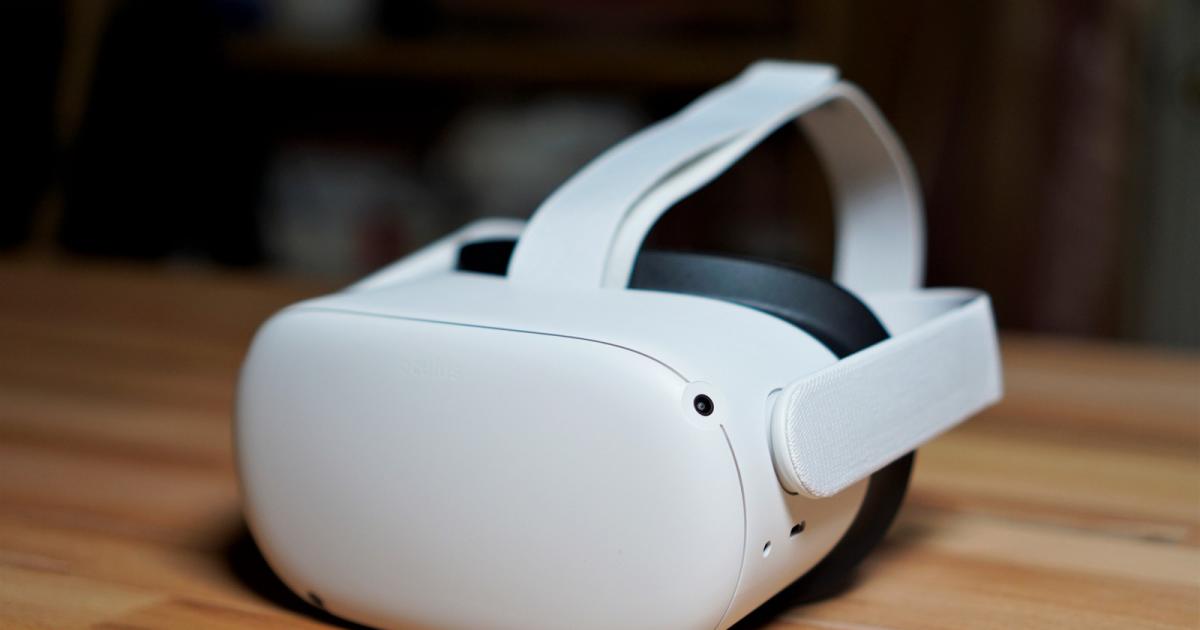
Meta is expanding the audience for Quest headsets by inviting preteens into the fold. The Facebook owner is lowering the age for Quest 2 and 3 accounts from 13 to 10 later this year by introducing parent-controlled accounts. Kids will need their parents’ approval to set up accounts, download apps and block access to already-present software. Those adults can set time limits.
The company says it’s implementing strict privacy controls. Meta will provide “age-appropriate” app store experiences like recommendations if parents volunteer their child’s age. It won’t serve ads to kids, however, and parents will have the choice of whether or not data is used to refine the experience. These younger users’ Meta Horizon profiles are private by default and will require approval for follows and active status updates. Horizon Worlds will still require that users are 13 and older.
Meta portrays this as a boon for education. This could give kids virtual science lessons and a raft of educational games, the company says. Most educational titles on the store are rated for ages 10 and older, so there shouldn’t be a shortage of material.
Whether or not there’s a trouble-free launch is another matter. Meta’s policies theoretically comply with COPPA (Children’s Online Privacy Protection Act), which bars collecting personal data from kids under 13 without parental consent. The New York Times sources claim Meta is already discussing its plans with regulators. However, there are concerns about safety. VR apps, particularly social ones, are sometimes prone to creeps, harassment and similar abuse. Meta can’t necessarily shield young users against what happens inside third-party apps.
There’s also the question of whether or not it’s healthy for children to use VR headsets in the first place. As Duke University optometrist Dr. Nathan Cheung explains to ZDNet, these wearables can introduce eye and neck strain that may be particularly problematic for kids with smaller bodies and developing eyes. There’s also a lack of definitive research on how VR can affect depth perception and focusing. The technology isn’t definitively dangerous for kids, but it’s not guaranteed to be safe, either.
All products recommended by Engadget are selected by our editorial team, independent of our parent company. Some of our stories include affiliate links. If you buy something through one of these links, we may earn an affiliate commission. All prices are correct at the time of publishing.





